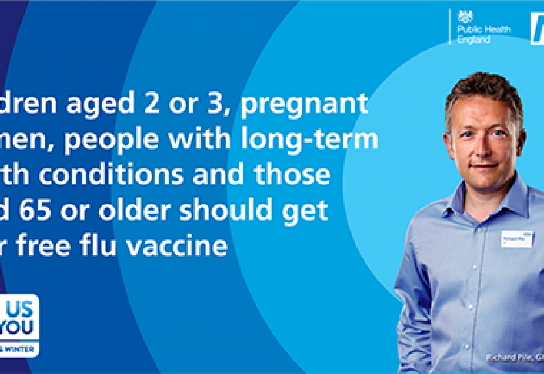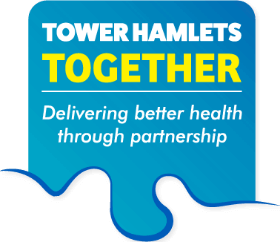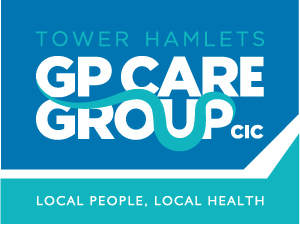Help us help you this winter by getting your flu vaccine
The borough’s vision of a seamless health and care experience for its citizens.

People in Tower Hamlets who are most vulnerable to flu are being urged to protect themselves and their family this winter by having the flu vaccination.
People in Tower Hamlets who are most vulnerable to flu are being urged to protect themselves and their family this winter by having the flu vaccination.
Flu is a highly contagious viral infection that anyone can catch, and it can be very serious for some. It is most common over the winter period.
Getting the flu jab or nasal spray is one of the most effective ways to reduce potential harm from the seasonal flu virus.
The vaccination is offered for free to those at increased risk from the effects of flu. This includes:
- children aged two and three via their GP practice
- children in reception class and school years one to five
- people aged 65 and over
- pregnant women
- people with long-term health conditions such as a heart, lung, kidney or liver disease
- carers of older or disabled people
- everyone living in a residential or nursing home
- front-line health and social care workers
Sir Sam Everington, local GP and chair of NHS Tower Hamlets Clinical Commissioning Group (CCG), said: “It’s vitally important that if you are eligible for the free vaccine, you take up the offer.
“Flu has the potential to be really serious – causing complications such as bronchitis or pneumonia for those with underlying health conditions, and in some cases it can be fatal, that’s why it’s so important that people in the high risk groups make an appointment with their GP to get their flu jab.
“The vaccine is updated every year to combat the latest strains of the flu virus so if you are in a high risk group and had the jab last year, you will need another one this year.
“As well as getting the vaccine, practising good hand hygiene by catching coughs and sneezes in a tissue, throwing it away and washing your hands after can help limit its spread.”
Mayor of Tower Hamlets, John Biggs, said: “The flu jab is very important for those most vulnerable to ensure they keep themselves healthy for the upcoming winter season.
“It is also very important for any front-line social and health care staff to receive this vaccination to ensure they don’t spread the virus when visiting homes or other settings.”
It is really important that people at higher risk of developing serious complications from flu take up the offer of the free vaccine.
People with respiratory diseases such as COPD, emphysema or asthma are seven times more likely to die if they catch flu compared to those that don’t, and people with cardiovascular problems such as chronic heart disease or angina, or those who have had a stroke, are 11 times more likely.
Vaccinating children not only helps to prevent them from getting the virus, it also prevents the spread of flu within the local population. For healthy children aged between two and nine, the flu vaccine will usually be given in the form of a nasal spray, administered by a health professional.
People with elderly and vulnerable members of their family and neighbours are encouraged to remind them the importance of getting their flu vaccination.
To get your vaccine or find out if you are eligible, contact your general practice or pharmacist for more information.
People who are not in the at-risk groups, and therefore not eligible for the free NHS flu vaccination, are still strongly recommended to make their own arrangements to have the flu jab as the virus can be serious for anyone who catches it. Vaccinations are available for a small charge at many local pharmacies.
If you think you have flu, stay at home to prevent it spreading and rest until you feel better. Call NHS 111 if you have an underlying health condition or feel really unwell.
For more information on how to help you and your family to stay well this winter, visit www.nhs.uk/staywell.








